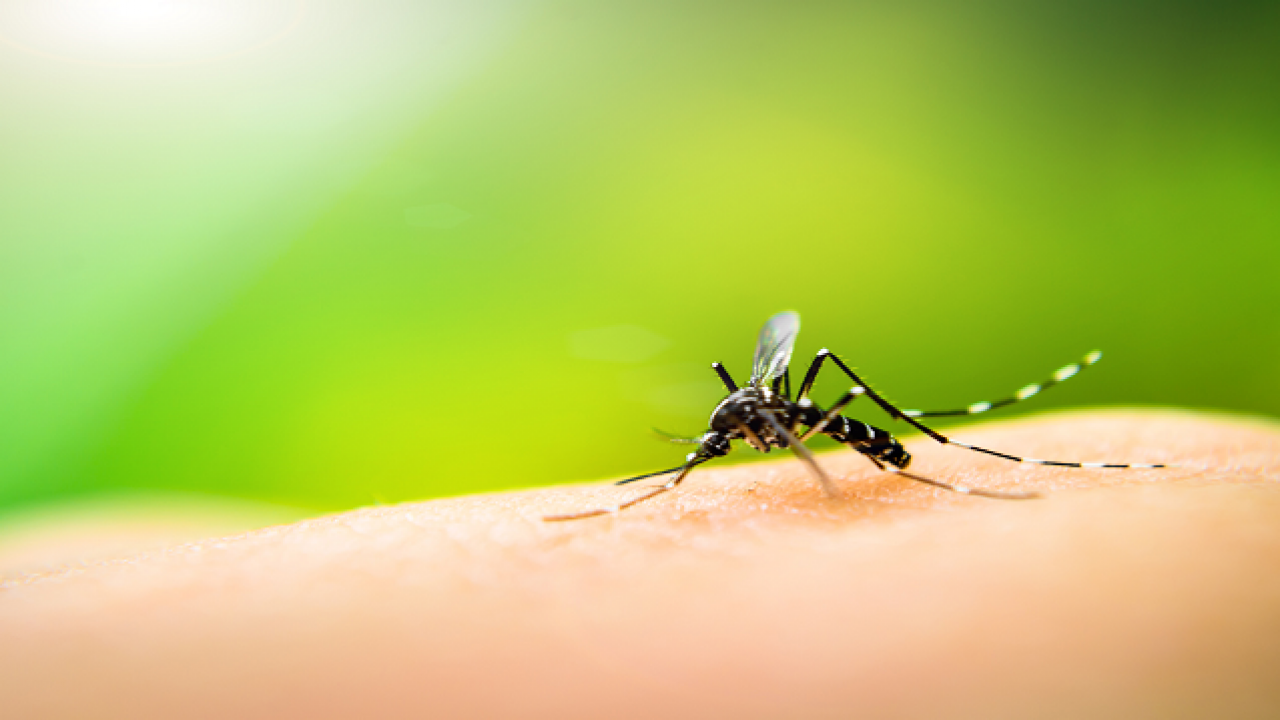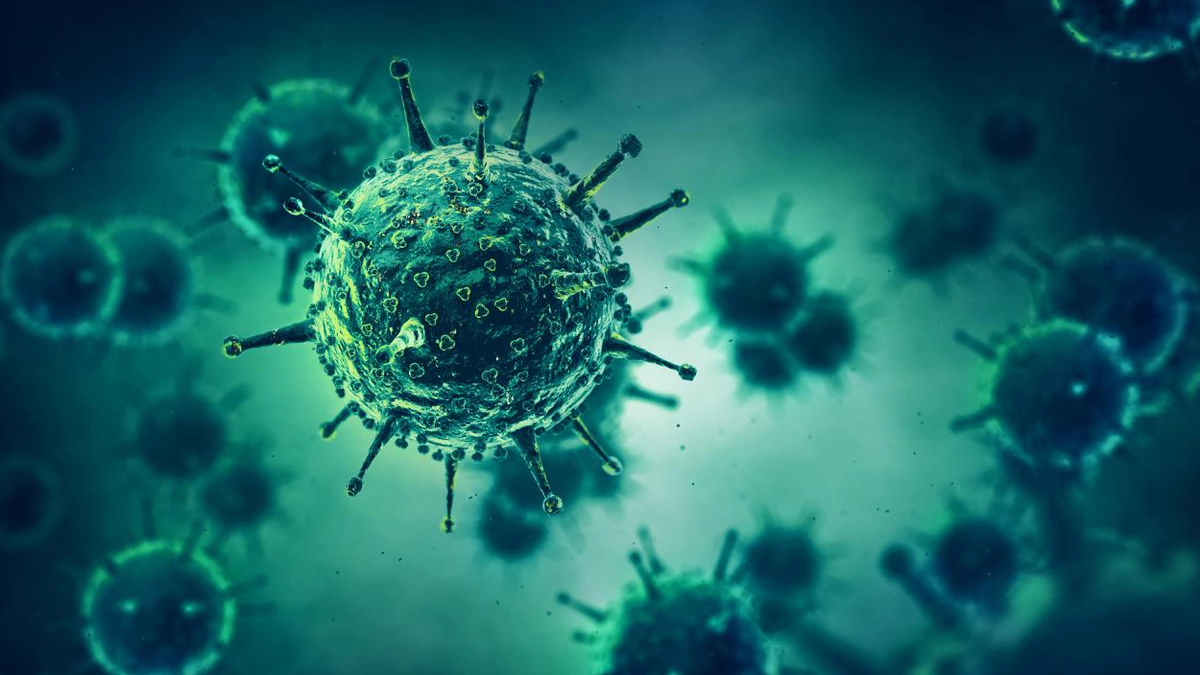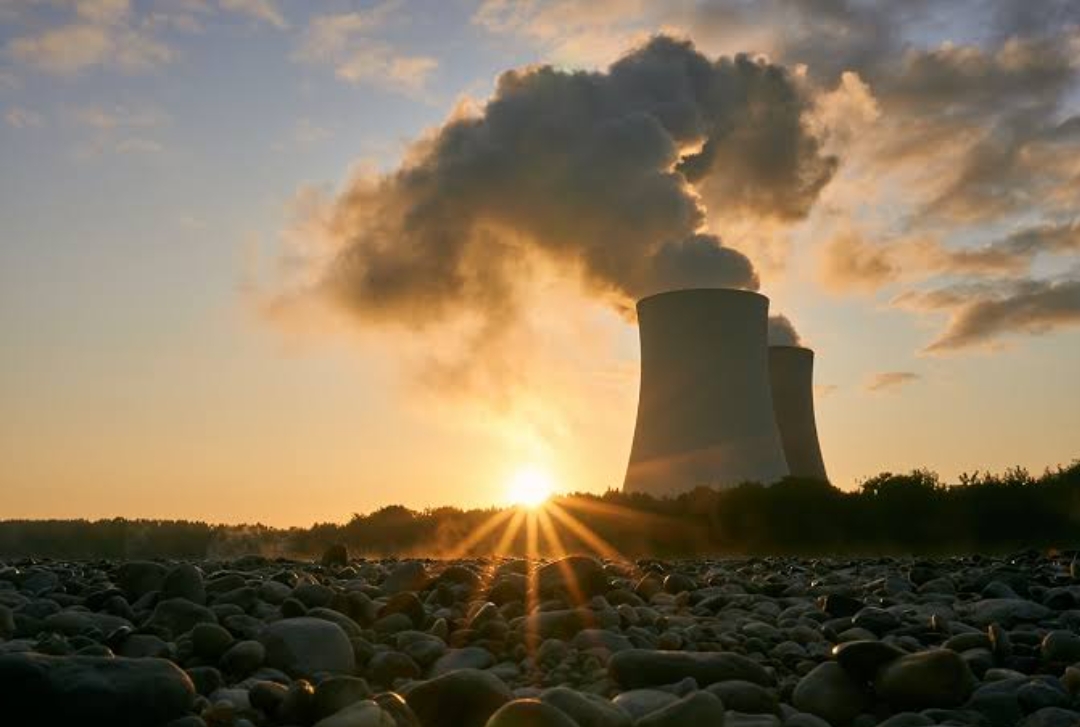
How climate change affects women’s health disproportionately
Climate change is one of the most dangerous threats to earth which slowly but gradually affects weather conditions, health of species on earth and the overall situation of every being. Even though it is bound to impact all the countries, one of the studies explain the adverse effects of it based on gender inequality. Climate change affects women’s health the most and disproportionately die to various reasons. Women are impacted overwhelmingly by heat waves, droughts, increasing sea levels, and severe storms. That is because women are more likely than men to live in poverty, have fewer access to fundamental human rights, such as the freedom to travel and gain land freely, and face systemic violence that escalates during times of turmoil. These variables, and many more, mean that women will suffer the most as climate change intensifies.
Gender inequality today not only remains an issue of gender biases and ignorance towards their rights but also defines what the future holds for the biased gender. The above factors are the reason women are unable to get access and control the resources, education and decision-making process which ultimately leads to climate change scenarios.
Running the households, Child labor, human trafficking, denial for property and basic rights, child marriage are main drivers for women deemed as the weak and deprived gender. In many parts of the world, especially the rural ones, women are living in worse conditions because of climate change. Here is a list about how climate change affects women disproportionately:
- Where there are situations of drought or forest burns, women specifically have to travel miles of distances to fetch water.
- Climate change is making it harder to manage household responsibilities, in poor remote communities, where there are many children to feed, bath and take care of.
- Water quality can be tarnished by natural disasters and saltwater pollution from rising sea levels. Women have faced health implications in parts of India and Bangladesh and have seen their economic opportunities decline as rivers become saltier.
- In many developed and developing countries, women are denied property and business rights, which makes them reliable on their existing land and family, cutting them from making their own income and being financially independent.
- Gender-based violence and exploitation are lead to environmental stress because these are the drivers to human trafficking and labor exploitation. In these cases, violence against women is also seen as a means of reinforcing gender imbalances and retaining control of scarce resources.
- Women who rely on fish for their livelihoods are increasingly forced to sell sex for food because rising marine temperatures and ocean acidification cause fish stocks to decline.
- Climate-related displacement is also growing worldwide and women are the majority of those forced to leave their homes. That’s because women are more likely to live in poverty than men and have less opportunities in the aftermath to recover from displacement. They’re also unable to continue their education and seek economic opportunities when girls and women are displaced. Refugee girls are half as likely as refugee boys to be in school.
- Climate change could also increase the risk of violent conflicts and intensify ongoing conflicts, two possibilities that endanger the health, rights, and overall outcomes of women’s lives.
Today, we live in a world where gender inequality still exists and might be just in our neighborhood. There is no way we can ignore that climate change affects women’s health. Even though women are showing remarkable resilience around the world as leading climate action movements, championing clean sources of energy, and building alternative models of community that prioritize sustainability and cooperation, an action needs to be taken immediately and awareness regarding how climate change affects women more than men needs to be voiced out for women in rural areas to be heard. This will make them strong and even fight hard for their rights and health.









